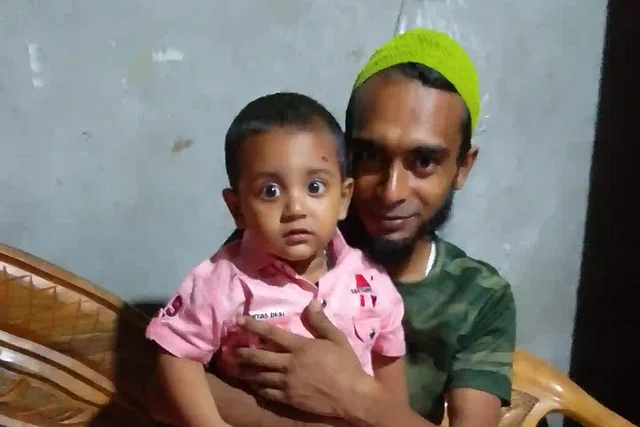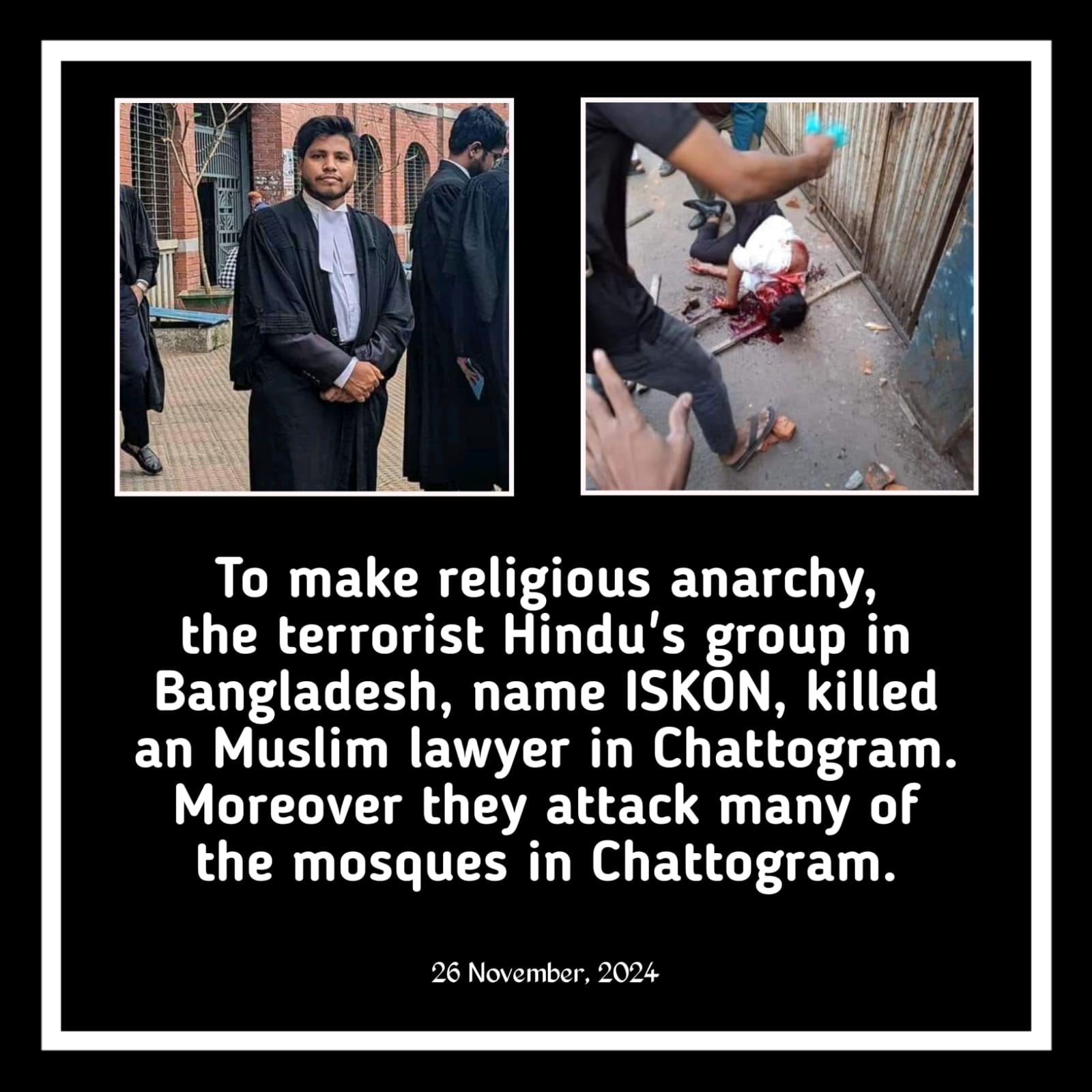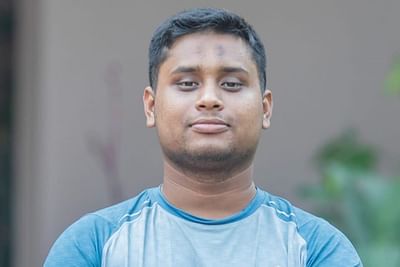Ten years ago, Md. Foyez moved to Dhaka to support his family. Since then, he had been working as a sanitary technician (pipe fitter). Upon hearing about the conflict surrounding the quota reform movement in Jatrabari, his mother, Sabura Begum, called her son Md. Foyez (32). During the call, Foyez said, “There is constant shooting. I just finished my work and am heading out. Mom, hang up now.” Suddenly, his mother heard a loud gunshot. After that, there was silence. She did not hear any more words from her son.
During the quota reform movement, Md. Foyez was shot on the evening of Sunday, July 21, around six o’clock in the Signboard area of Jatrabari, Dhaka. He was taken to the hospital in an injured state, where the doctors declared him dead. He was a resident of Jhaudgi village in Char Ababil, Raipur upazila of Lakshmipur district.
Md. Kashem, a sanitary contractor known to Foyez, took him to the hospital. Speaking on the phone today, Kashem described the incident, saying he had hired an ambulance with collected funds to take the injured Foyez to a local hospital. From there, they transferred him to Dhaka Medical College Hospital. Upon arrival, the doctors declared Foyez dead. According to the doctors, he was shot in the head and neck. His body was later taken to his village home in Lakshmipur by ambulance.
Contractor Kashem added that Foyez had been working with him for two years, earning 700 Taka a day. With this meager income, Foyez lived with his wife and son in a rented house in the Signboard area. On the afternoon of July 21, around 5:30 PM, he was heading home after finishing work at a building in the Signboard area when he was shot and collapsed to the ground.
After Foyez’s death, his wife Nur Nahar and their 18-month-old son Rafi Mahmud found refuge at a relative’s house in Tongi, Gazipur district. Speaking on the phone today, Nur Nahar, crying, told Prothom Alo, “My husband was my shelter, my everything. They shot and killed him. For what fault did they kill him? Who will answer?”
Even after seven days, Foyez’s mother, Sabura Begum, has not stopped crying. She tearfully said, “They shot and killed my son. My son will never come back. Who will take care of his wife and son?”
Yesterday (Saturday), a visit to Foyez’s home revealed his final resting place beside the house. Relatives were arriving one by one, silently shedding tears in front of the grave.
Foyez’s father, Alauddin, lamented, “Two bullets took my son away! I want justice for my son’s murder. But who will I seek justice from? I used to work at Chittagong Port. During a movement under the military government, I lost my job. Now, in another movement, I lost my son.”
- The story was published in Prothom-Alo, a Bengali daily.










